Good morning, It’s Friday, August 29th. In today’s news, Canada experiences its largest export crash on record, Poilievre goes after ‘Carbon Tax 2.0,’ a retired Mountie warns that criminals are taking advantage of Canada’s policing weaknesses, Quebec moves to ban ‘street prayers’ in response to mass Islamic demonstrations, and much more.
First time reading the daily blend? Sign up here.
Canada’s Largest Export Crash on Record: A Made-in-Canada Recession Looms
Statistics Canada has confirmed what many Canadians have feared: the country’s exports crashed 13.1% in the second quarter of 2025, the sharpest quarterly decline in our history. Exports fell to $182.2 billion, with a record $19.6 billion trade deficit, setting the stage for a contracting GDP and the early signs of a made-in-Canada recession.
The numbers aren’t just abstract accounting. They represent a collapse in some of the nation’s most vital sectors. Energy exports dropped 20.5%, driven by falling crude oil and natural gas prices combined with reduced shipments. Motor vehicles and parts plunged 16.6%, as retaliatory tariffs, supply chain bottlenecks, and weaker U.S. demand converged. Even consumer goods declined 16.6%, reflecting both slowing global demand and higher costs for Canadian producers.
Taken together, these figures show that Canada’s export engine—the foundation of our prosperity—is stalling out. For years, policymakers in Ottawa assured Canadians that heavy spending, expanded regulation, and targeted subsidies would insulate the country from global turbulence. Instead, when the pressure came, those policies compounded the problem. Tariff retaliation, high energy costs, and a tax burden that discourages investment have all left Canadian exporters less competitive just when they needed flexibility the most.
The government may blame “market shifts” or slowing international demand, but the reality is that other trading nations are not experiencing collapses of this scale. The U.S. economy continues to grow, albeit modestly. Global demand for energy remains high, even as prices fluctuate. Canada’s uniquely severe contraction points to policy failures at home, not just shocks abroad.
The implications are serious. A double-digit export drop means not only weaker GDP growth, but also declining tax revenues, job losses in key industries, and mounting pressure on the Canadian dollar. With households already crushed under record debt and higher interest rates, a recession triggered by collapsing exports could tip many into insolvency.
Canadians deserve a sober conversation about why this happened and whether current policies are making the problem worse. If we are indeed entering the early stages of a made-in-Canada recession, the damage cannot be explained away by global headwinds alone. The largest export collapse in our history demands accountability—and urgent course correction. Source.
Poilievre Goes After ‘Carbon Tax 2.0’—But Will Voters See Poilievre 2.0?
Pierre Poilievre and the Conservatives are once again putting affordability at the centre of their fight in Parliament—this time targeting Mark Carney’s so-called “carbon tax 2.0,” the Clean Fuel Regulations. Poilievre is right to hammer home that these regulations will hit working Canadians hardest, driving up gas prices by 17 cents a litre and disproportionately punishing lower-income families who already spend more of their income on transportation. Even the Parliamentary Budget Officer admits the policy will shave GDP and raise costs while doing little to help the environment.
The Conservatives are also vowing to dismantle the Liberals’ EV mandate, which forces Canadians into expensive electric vehicles, threatening rural communities and industries already under pressure. Poilievre’s message is simple: Canadians should be free to choose what they drive and free from taxes that crush their take-home pay.
He’s also bringing immigration, crime, and economic freedom into the conversation—broadening the fight beyond just affordability. This is where Canada needs to go. But here’s the concern: “Axe the tax” was the rallying cry last time, and while it struck a chord, the narrow focus and divisive tone left Conservatives looking like a single-issue party. Carney exploited that, scrapping the consumer fuel charge while quietly tightening industrial carbon rules.
If Poilievre wants to win, he needs more than sharp policy arguments. He needs a broader movement—a unifying campaign that rallies Canadians around a vision of freedom and prosperity that feels bigger than any single regulation. In my view, his own divisiveness played a major role in the last election loss. Yes, the media vilified him—but that was expected. The media is a Liberal mouthpiece, we all know that. The problem is, he handed them the ammunition. This time, he needs to carry the fight the way he is now but package it using newer media, alternative messaging, and a positive vision that connects to Canadians’ aspirations, not just their frustrations.
The message on affordability lands. The danger is making the same mistake twice—unless Poilievre turns this into a unifying campaign that speaks to Canadians’ hearts as well as their wallets.
Retired Mountie: Criminals Exploit Canada’s Policing Weakness
The RCMP, once a proud symbol of Canadian law and order, is no longer capable of fulfilling its mandate. That’s the blunt assessment from Gary Clement, a retired RCMP officer, in a recent opinion piece sounding the alarm on the state of Canada’s federal police force.
Clement highlights a stark figure: nearly 20 percent of RCMP members are currently on sick leave. This statistic, he argues, is the symptom of a deeper structural crisis. Instead of focusing on its federal role — tackling organized crime, terrorism financing, cybercrime, and foreign interference — the RCMP has been stretched into contract policing, VIP protection, and endless stop-gap postings. The result is a force that is “all things to all people, and failing at it.”
The toll on officers is severe. Burnout, low morale, and skyrocketing sick leave point to an institution that cannot even sustain its own workforce. And if it cannot support its own members, Clement warns, it cannot sustain public trust.
Meanwhile, Canada’s vulnerabilities are multiplying. Unlike the United States, the U.K., or Australia — which all maintain specialized agencies for organized crime, financial crime, and protective services — Canada still relies on one overstretched force. Criminal organizations have noticed. Money launderers, fentanyl traffickers, cybercriminals, and foreign adversaries know exactly where Canada’s policing gaps are.
Clement points to recent reporting by Sam Cooper of The Bureau on the RCMP’s refusal to cooperate with U.S. counterparts in the Falkland fentanyl superlab investigation. That case, described by former DEA chief Derek Maltz as a “major disaster,” exposed how political interference, weak leadership, and outdated structures have left Canada unable — or unwilling — to act against transnational threats. Clement argues this dysfunction has already eroded trust with Washington, fueling U.S. frustration and even contributing to the tariffs currently punishing Canadian exports.
His prescription is bold:
Refocus the RCMP solely on organized crime, financial crime, cybercrime, and national security.
Create a dedicated protective service for politicians and diplomats.
Phase out the RCMP’s contract policing, pushing provinces and municipalities to take responsibility for local law enforcement.
Clement concludes that Canada cannot continue to “paper over the cracks” with stop-gap measures. The current model is broken, and unless Ottawa confronts reality, the costs will be measured in lost sovereignty, diminished security, and shattered public trust. Source.
Quebec to Ban 'Street Prayers' in the Wake of Mass Islamic Demonstrations
Quebec is moving to ban street prayers, citing a surge in public religious gatherings—particularly Islamic prayers linked to anti-Israel protests in Montreal. Officials frame it as protecting public spaces and Quebec’s secular values, but the crackdown directly targets a practice that has become increasingly visible and politicized.
Premier Francois Legault and laicity advocates argue these gatherings are inappropriate for public spaces, claiming prayer should remain inside mosques or churches. Critics, including the Canadian Muslim Forum, defend street prayers as free expression, while some Catholic leaders warn the ban could marginalize religious communities. Still, rising public concern over mass Islamic prayers during protests has fuelled support for stricter enforcement, highlighting tensions between secularism, safety, and the visibility of politically charged religious displays. More
Meta Announces Launch of California Super PAC Backing AI-Friendly Candidates
Mark Zuckerberg and Meta are moving aggressively into politics to defend their AI interests. The company announced a new California super-PAC—Mobilizing Economic Transformation Across (Meta) California—that will fund candidates from any party who back AI innovation and resist strict regulation.
Meta argues California’s flood of new AI bills threatens jobs, growth, and America’s lead in the global AI race, especially against China. The PAC will prioritize candidates who support US tech leadership, lighter regulation, and parental control over kids’ exposure to AI tools.
The move comes alongside a broader pro-tech political push: Andreessen Horowitz, OpenAI’s Greg Brockman, and other Silicon Valley heavyweights just launched their own “Leading the Future” super-PAC network to oppose strict regulation and keep AI development unhampered.
Critics, however, warn that Meta’s track record—especially around child safety and harmful chatbot behaviour—makes its political expansion more about self-preservation than innovation. More
House Republicans Probe Wikipedia Over Alleged Bias, Foreign Manipulation - The lawmakers are demanding records on editing misconduct, citing concerns about alleged anti-Semitic, pro-Kremlin content, and influence on AI training data. More
Britain, France, and Germany Launch a 30-Day Countdown to Reinstate United Nations Penalties Related to Iran’s Nuclear Activities - More
German Government Passes Military Service Bill - While the German government passed a proposal to encourage military service, protesters blocked a military recruitment office in Cologne. More
Turkey's Erdogan Unveils 'Steel Dome' Air Defence System - “No country that cannot develop its own radar and air defence system can look to its future with confidence,” said Erdogan. More
Polish President's Decision to Veto Continued Aid to Ukrainian Refugees Prompts Political Storm - More
Brawl Erupts in Mexico’s Senate After Debate over US Military Intervention to Fight Drug Cartels - More
OpenAI, CEO Sam Altman Sued by Parents Who Blame ChatGPT for Teen's Death
The parents of 16-year-old Adam Raine, who died by suicide after months of discussing self-harm with ChatGPT, have sued OpenAI and CEO Sam Altman. The lawsuit claims the AI chatbot validated Adam’s suicidal thoughts, provided detailed methods, and even offered to draft a suicide note, alleging OpenAI prioritized profit over safety with the launch of GPT-4o in May 2024.
The Raines are seeking wrongful death and product safety claims, along with unspecified damages, and want measures like age verification, self-harm safeguards, and warnings about psychological dependency. OpenAI expressed sorrow over Adam’s death and highlighted existing safety features but acknowledged that safeguards may fail during prolonged interactions. The case raises concerns over AI chatbots being relied upon for emotional support without sufficient protections for vulnerable users. More
Since this incident, OpenAI has implemented a policy where it may report certain user interactions to law enforcement. The company stated that when it detects users planning to harm themselves or others, their conversations are routed to a specialized team for review.
Big Banks Rake In Profits While Canadians Struggle:
The US Economy Expanded 3.3% in Q2, With Growth Even Stronger Than Initially Thought - More
Tesla’s EU Sales Drop 42% in July as China’s BYD Triples Sales - More
Scientists Found a New Way to Turn Sunlight into Fuel
Researchers at the University of Basel have developed a novel molecule that mimics plant photosynthesis by storing two positive and two negative charges simultaneously under light. This step is a key milestone toward creating artificial photosynthesis systems that could convert sunlight into carbon-neutral fuels like hydrogen, methanol, or synthetic petrol.
The molecule works in two-step light flashes, allowing it to operate under dimmer light conditions closer to natural sunlight, and the stored charges remain stable long enough to drive chemical reactions such as water splitting. While it isn’t yet a full artificial photosynthesis system, the discovery represents an important advance in using sunlight to produce sustainable, carbon-neutral energy. More
Canadian Study: Eating Meat May Actually Protect Against Cancer-Related Death - Furthermore, the research team found no increased risk of death associated with higher intake of animal protein. More
Rats Walk Again After Breakthrough Spinal Cord Repair with 3D Printing - More
Cowboys Trade Micah Parsons to Packers Following Messy Contract Dispute
The Dallas Cowboys have traded star edge rusher Micah Parsons to the Green Bay Packers, ending a once-promising career-long relationship. In return, the Cowboys receive defensive tackle Kenny Clark and two first-round picks. Parsons, 26, signed a four-year, $188 million deal with $136 million guaranteed, making him the highest-paid non-quarterback in NFL history.
The trade follows a contentious contract dispute that saw Parsons sidelined for training camp while claiming back tightness, despite being medically cleared. A four-time Pro Bowler, Parsons recorded at least 12 sacks in each of his first four seasons, joining Hall of Famers in Cowboys history for such a feat.
The move leaves the Cowboys with a gap in their pass rush, while the Packers gain a game-changing defensive talent, as they have not had a double-digit sack player since Parsons entered the league in 2021. More
Legal NFL Betting is Estimated to Reach a Record High of $30 Billion in 2025 - More
Kansas City Chiefs Wideout Rashee Rice Gets Six-Game NFL Suspension Over Car Crash - Rice will be without pay and unable to play on October 13th after racing on a highway and causing serious bodily injury. More
Former MLB Slugger Mark Teixeira is Running for Congress in Texas - More
Monterey’s San Carlos Beach Shut Down Indefinitely as Sea Lions Stage a Full Takeover
Iran’s ‘Black Widow,’ Accused of Poisoning 11 Husbands Over 22 Years, Admits She Can’t Remember If She Killed More
On this day in 1842, the United Kingdom and China signed the Treaty of Nanking, officially ending the First Opium War. The treaty marked a turning point in Chinese history, forcing China to cede Hong Kong to Britain, open several ports to British trade, and pay a large indemnity—laying the foundation for what would later be called the “Century of Humiliation.”






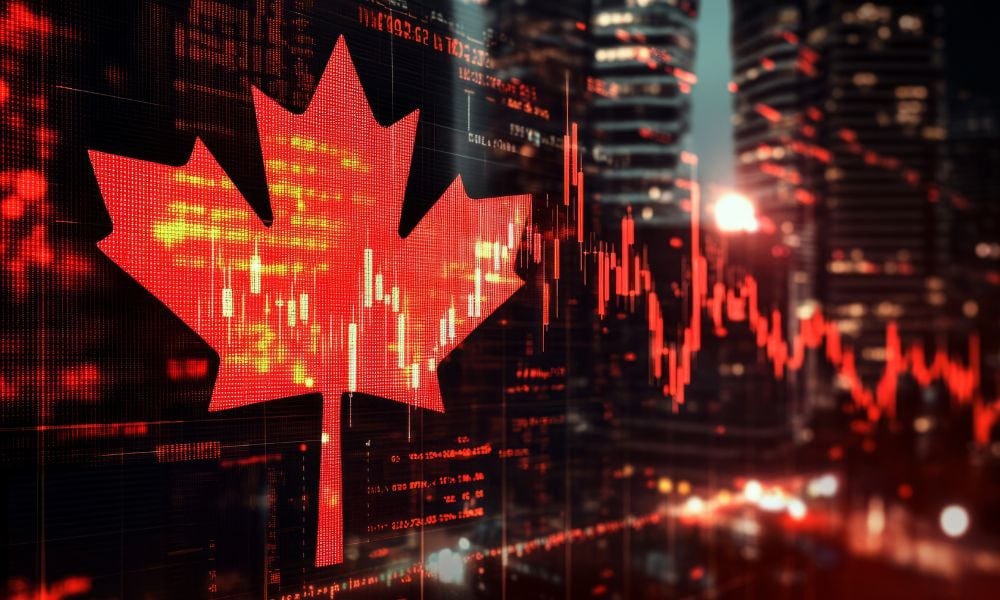
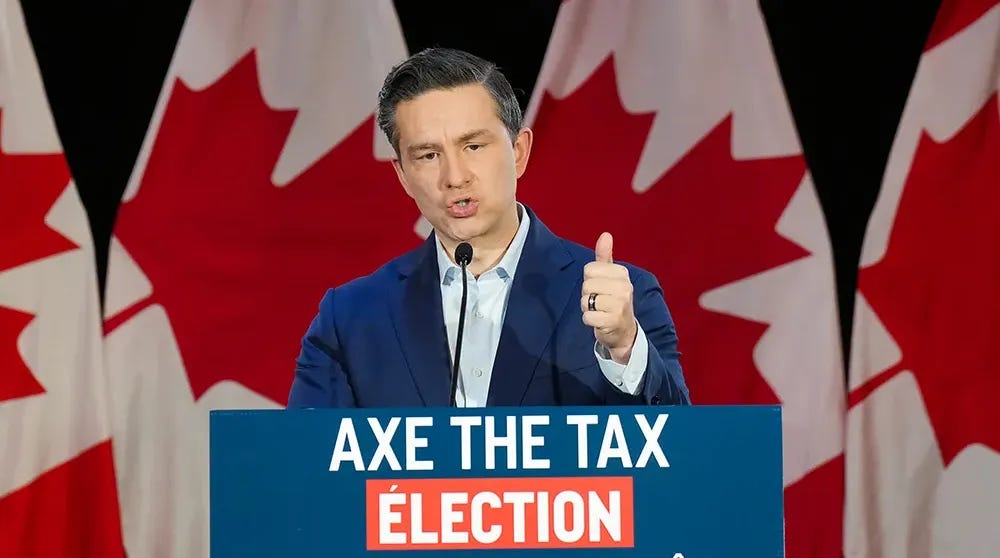
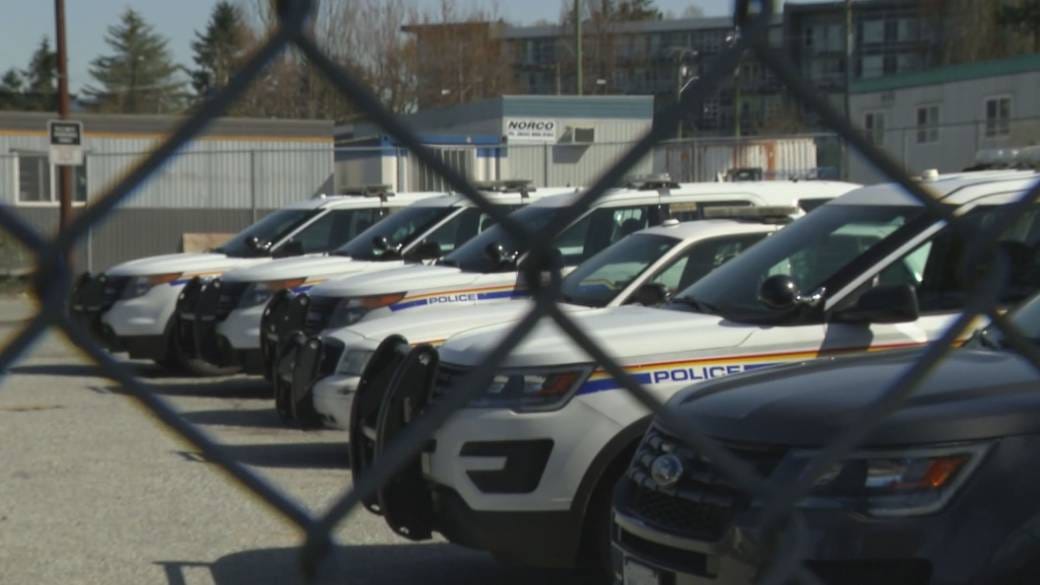


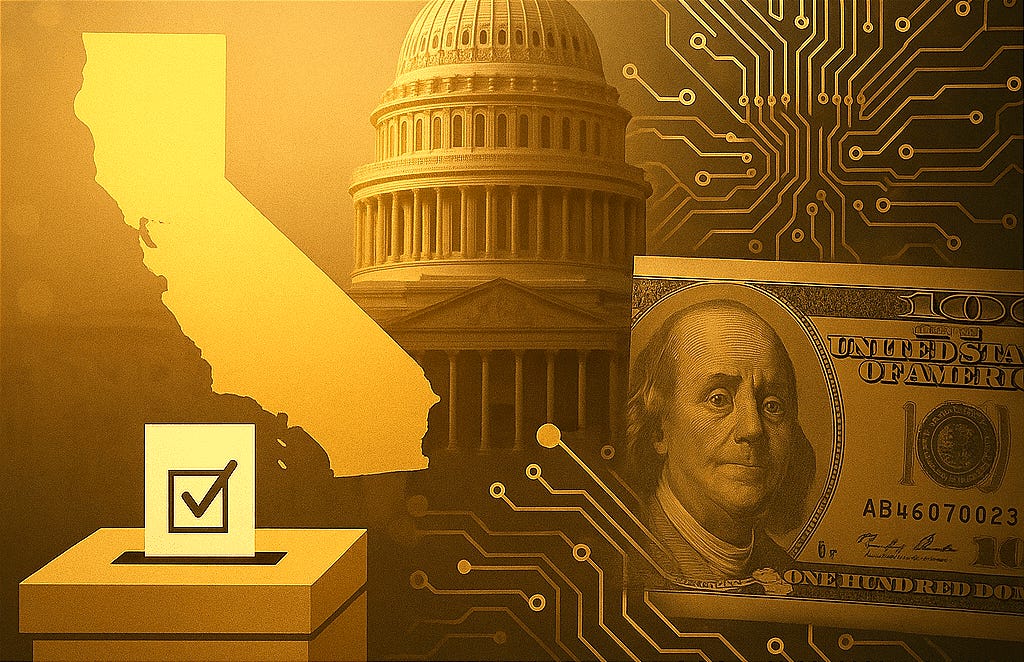

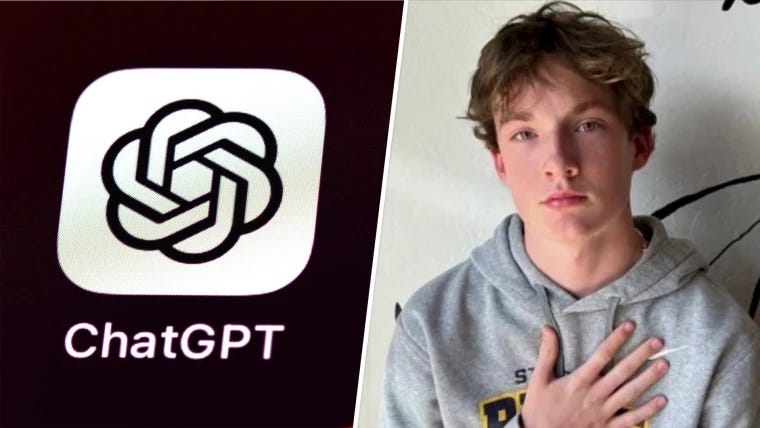






I feel the country is already in a recession. The hard times will come when the government declares a recession.